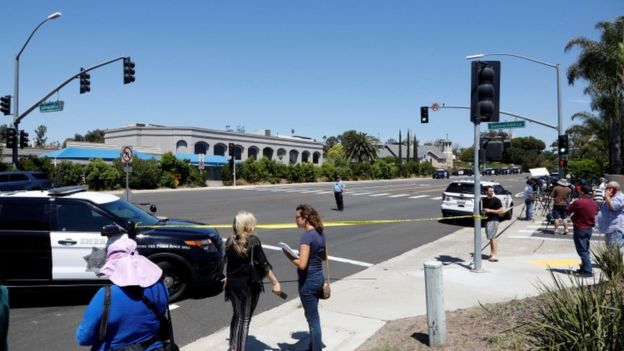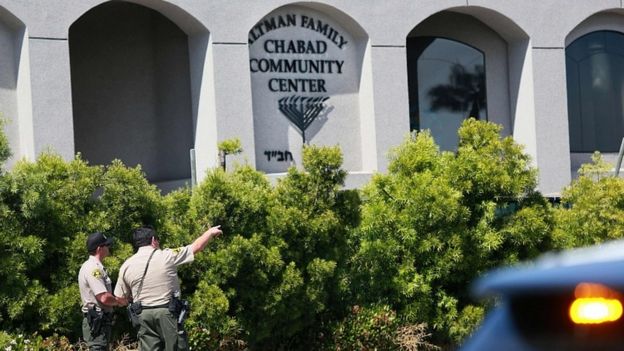As the number of coronavirus cases continues to surge in the United States, colleges and universities are figuring out how to safely hold classes in the fall. To protect the health of students, staff, and the communities where the schools are based, many schools have decided to host all classes online.
But on Monday, July 7, the Immigration Customs and Enforcement Agency (ICE) announced that international students attending U.S. colleges that will operate only online in the fall must leave the country.1
International students are speaking out against this ban by the Trump administration: “For a lot of international students like myself, returning home right now is a death sentence for many reasons, including the pandemic. Learning in the USA has been a refuge for so many of us,” said one student, adding, “I am scared. Scared that my life doesn’t matter. Scared of both the US government and my own government.”2
Will you sign the petition calling for an end to the Trump administration’s international student ban?
The American Council on Education called the new guidelines “horrifying,” warning that they will cause confusion as schools work to reopen safely.3 The guidelines require students to travel when it is unsafe to do so and do not acknowledge that some countries may be unsafe to return to, and they are impractical because schools and students have a variety of policies and needs, which may change over the course of the semester as the coronavirus pandemic continues.
The Trump administration’s decision to ban international students won’t affect just the international students, it will undermine school budgets, negatively impacting domestic students. An economic analysis by NAFSA: Association of International Educators found that international students contributed $41 billion and supported 458,290 jobs during the 2018-2019 academic year.4
We must call on Congress to reverse the Trump administration’s dangerous and xenophobic ban on international students.
Click here to add your name to this petition, and then pass it along to your friends.
Thanks!
–Claude Baudoin
Sources:
1. “International students may need to leave US if their universities transition to online-only learning,” CNN, July 6, 2020
https://act.moveon.org/go/140959?t=9&akid=268095%2E41035463%2E5bG6ul
2. “Some Schools Are Now Online-Only Due To The Coronavirus. ICE Says Their International Students Must Leave The US.” BuzzFeed News, July 6, 2020
https://act.moveon.org/go/140958?t=11&akid=268095%2E41035463%2E5bG6ul
3. “New rules: Foreign pupils must leave US if classes go online,” The Washington Post, July 7, 2020
https://act.moveon.org/go/140950?t=13&akid=268095%2E41035463%2E5bG6ul
4. “ICE: Foreign Students Must Leave The U.S. If Their Colleges Go Online-Only This Fall,” NPR, July 6, 2020
https://act.moveon.org/go/140951?t=15&akid=268095%2E41035463%2E5bG6ul
You’re receiving this petition because we thought it might interest you. It was created on MoveOn.org, where anyone can start their own online petitions. You can start your own petition here.
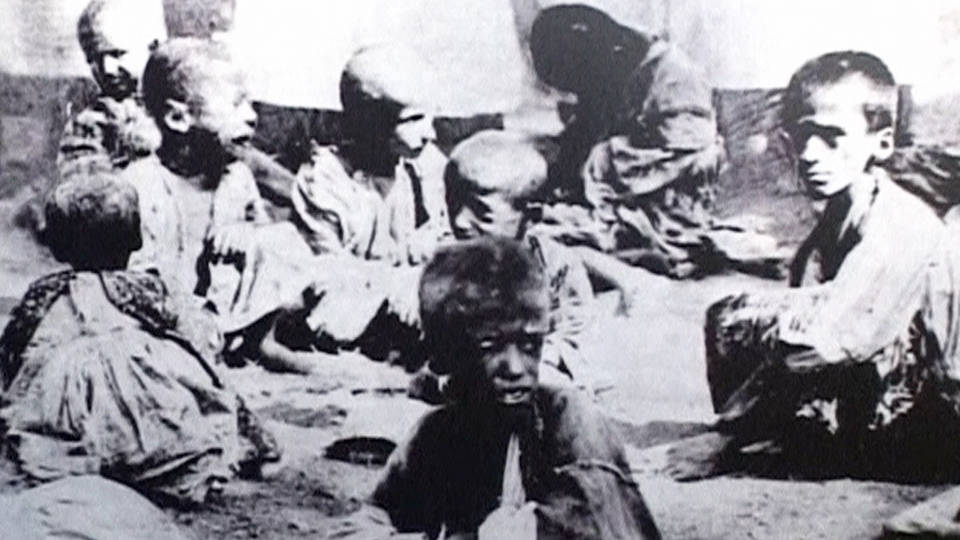
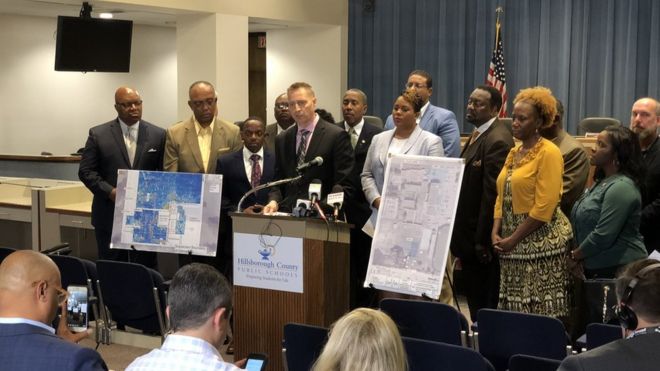


![Hate crime violence in US hit 16-year high in 2018: FBI Woman holding up anti-racism sign at a rally near the US Capitol in Washington, DC [File: Jonathan Ernst/Reuters]](https://www.aljazeera.com/mritems/imagecache/mbdxxlarge/mritems/Images/2019/11/13/8b85b64859de4ee89f265b370a55bb60_18.jpg)
![A makeshift memorial for victims of the shooting that left a total of 22 people dead decorates the Cielo Vista Mall Walmart in El Paso, Texas [Mark Ralston/AFP] Walmart](https://www.aljazeera.com/mritems/Images/2019/9/3/075652d753a242818362045ab6fdea39_18.jpg)


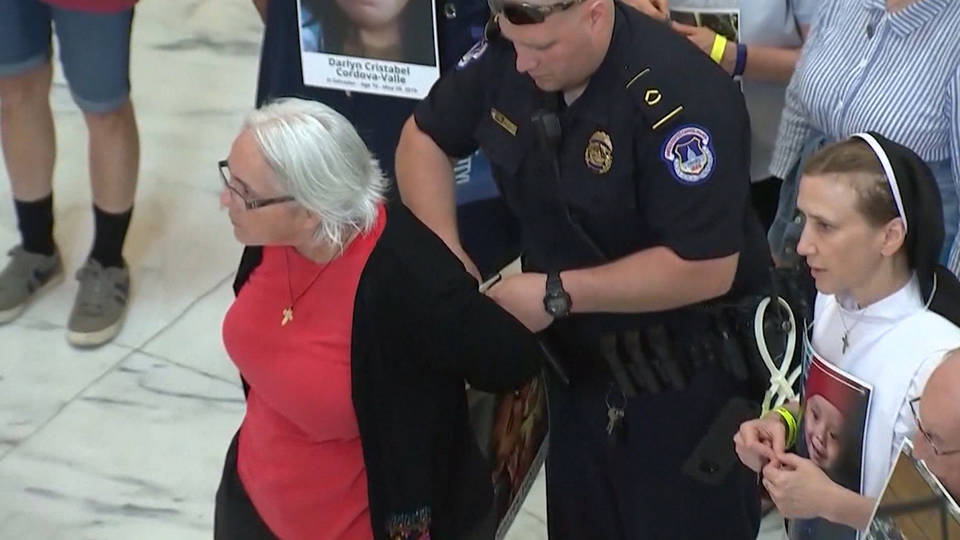
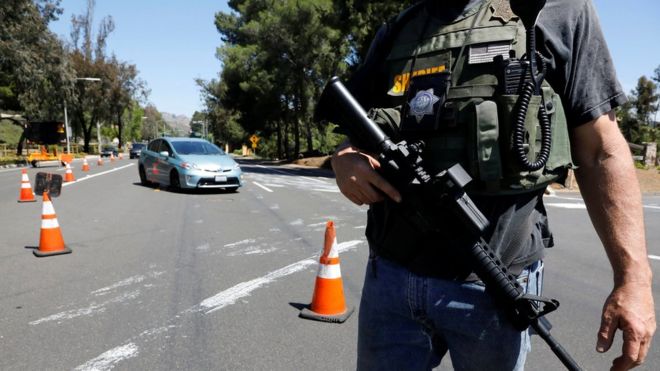 Police quickly sealed off the scene of the shooting in Poway
Police quickly sealed off the scene of the shooting in Poway